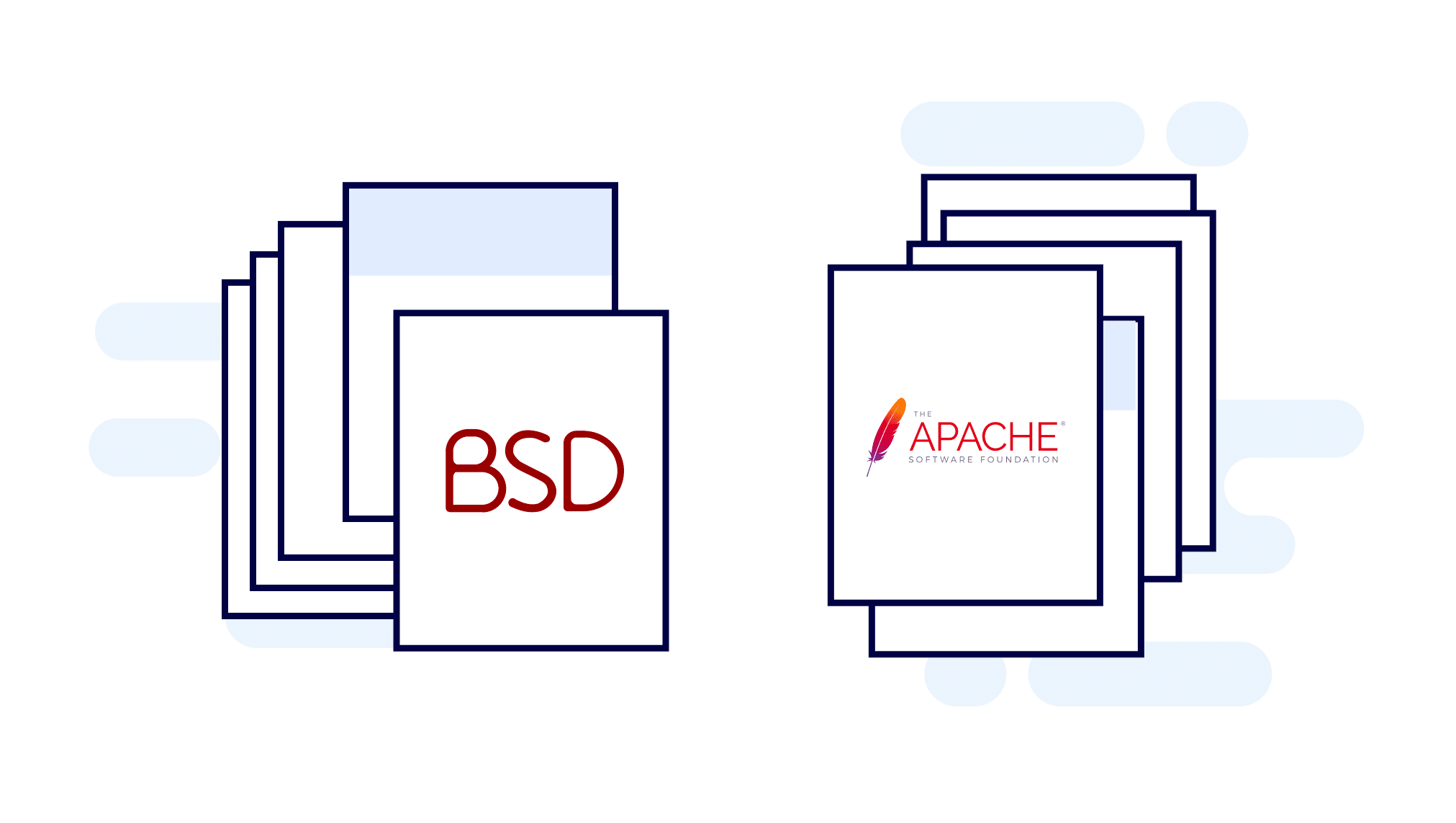Open source compliance — a challenge for enterprises
While open source code packages help developers work more efficiently, mitigating license compliance risks is difficult when your code relies on hundreds, or thousands of them.
- Each open source license comes with its own terms and conditions – making it difficult to manage when multiple licenses are used in a single project or across different projects.
- Open source projects evolve rapidly, and so does their licensing information, and if dependencies are not updated in time, staying on top of all the changes is nearly impossible.
- While there are popular open source licenses like Apache, MIT, and BSD, there’s no hard and fast rule for standardization, making it difficult to meet compliance.

How Learning Pool ensures license compliance
Learning Pool wanted to ensure their open source licenses were compliant as they approached another funding round. But checking manually was taking too much time. Here’s what they did next.
– Mark Lynch, Chief Product Officer

Mend SCA identifies your open source dependencies and maps them to our license database to determine the risk level of each. At the same time, Mend SCA lets you set and enforce licensing policies to prevent compliance issues before they happen.
Top Open Source Licenses Explained
An overview of the most popular open source licenses, including GPL, Apache, MIT, and Ms-PL.
The Complete Guide for Open Source Licenses 2024
See the key facts you should know for working compliantly with open source components.
Tips and Tools for Open Source Compliance
Learn more about keeping track of open source licenses and the tools that can help.




